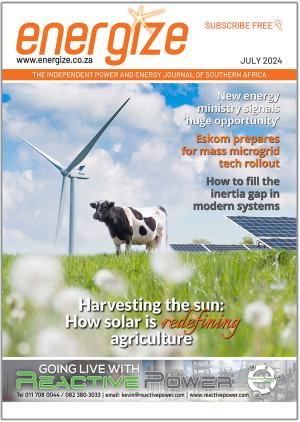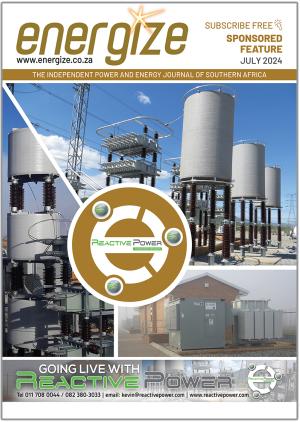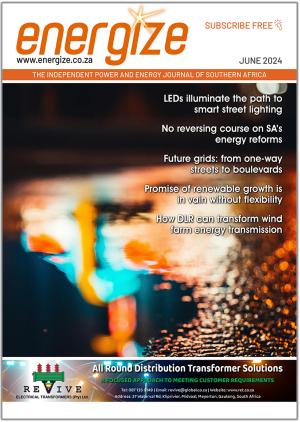by Howard Feldman, Head of Marketing & People at Synthesis
It is hard to understand why South Africans have not taken to the streets to demand immediate action regarding the electricity crisis.

It is perplexing as to why we continue to be placated by the smooth words of assurance that it will get better, that independent producers will be allowed and that in no time at all, we will stand around a braai and laugh whilst we reminisce and recall the strange days of rolling blackouts.
The reality is that we have been dealing with an energy crisis since 2008. Worse than that: There is little sign of things improving any time soon. In fact, we appear to be worse off than we were fourteen dark years ago.
That nothing has been achieved in all the years, should not come as a “shock” (pun intended). There are few examples, if any, of government success in terms of projects running according to plan. The list of delays and failures is extensive, with the Charlotte Maxeke Hospital repair following fire damage being the most recent.
The emergency room at Johannesburg’s largest hospital remains stubbornly shut, and no one can tell us with any confidence as to when it intends reopening. The strain on the already struggling system is having a significant impact, but that in itself does not appear to be enough to motivate a speedy resolution.
The question is: Why are South Africans willing to tolerate the situation?
Whereas violence and insurrection are unacceptable, peaceful protest and pressure is. And yet, to date very few have donned their Doc Martins (the protest shoe of choice in the 80’s) to insist that things change. The conversations, discussions, court cases, articles and silent fury is all well and good, but one has to wonder if anything positive has come of it.
The fact that the Eskom debacle is crippling the country, stifling growth and severely impacting the morale of the country, appears to not be enough to motivate an otherwise complacent citizen base into action. It might well be that government is aware that – no matter what it fails to dish out – there will be little real response from the people of the country.
One has to wonder: What will it take to motivate the country to act?
Is it a question of stages? So that “load shedding Stage 2” is tolerable, Stage 4 makes us nervous, and Stage 6 makes us panic? Will it be Stage 8 that finally pushes us over the edge and into our Doc Martins?
Or, we will get used to even that and continue to do what we have always done in South Africa? Government education not up to par? Create a magnificent private school system that is world class, but expensive. State medical care appalling? Develop private healthcare that is amongst the best in the world … but at a cost. Worried about crime? The private security sector is efficient and successful. Like everything in life, however, it all comes at a price.
Boreholes have sprung up across Johannesburg along with water tanks for those dry Rand Water days. Inverters, generators and solar panels have become the norm as South Africans do what they have always done: adjust to the situation and find a solution. Or in local vernacular: “’n Boer maak ‘n plan.”
They say that talk is cheap. But in the case of South Africa, it is anything but cheap. Talk with no action continues to come at a massive price. The electricity crisis is a crisis of government and the result of non-action. All the talk in the world will not solve it without tangible and real steps being taken in a time frame that is workable and adhered to.
Failing that, it might be time to look for the dusty Doc Martins that we thought could remain forever at the back of the cupboard.
Contact Kim Furman, Phone 072 236-3572, www.synthesis.co.za
About Synthesis
Synthesis is a true South African success story. Synthesis believes that providing innovative solutions based on emerging technologies will help their clients become globally competitive. Synthesis focuses on banking and financial institutions, retail, media and telecommunications sectors in South Africa and other emerging markets.
In 2017, Capital Appreciation Limited, a JSE-listed Fintech company, acquired 100% of Synthesis. Following the acquisition, Synthesis remains an independent operating entity within the Capital Appreciation Group providing cloud, digital and ‘RegTech’ services as well as corporate learning solutions through the Synthesis Academy.
















